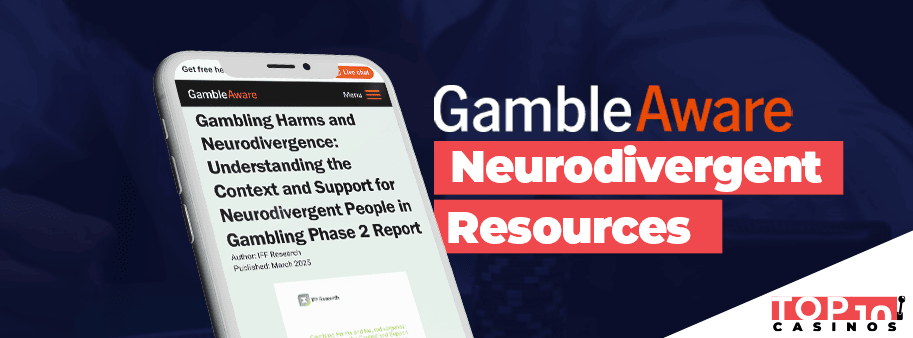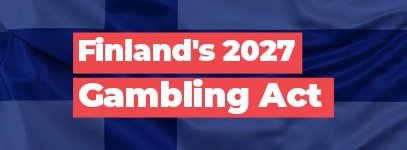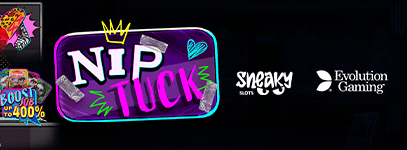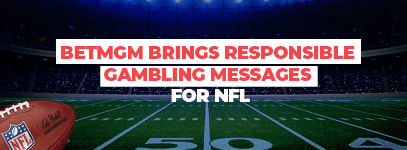GambleAware Study Paved the Way for New Resources
GambleAware the UK's leading problem gambling charity released their comprehensive report and specialist resources that have been designed to improve support for neurodivergent people affected by gambling harm. This new initiative follows research that indicated that people with ADHD or autism can often face an increased likelihood of experiencing gambling related problem because of characteristics like impulsivity, hyperfocus, and a preference for structured environments.
GambleAware's research revealed that neurodivergent people who engage in gambling can do so for a number of reasons including managing social isolation, establishing routines, or as a coping mechanism.
A significant finding that was highlighted in the report was that neurodivergent people encounter difficulty and barriers when it comes to getting help. Obstacles can include the limited awareness of specialist treatment services, fear of judgement, and stigma attached to accessing support.
New GambleAware Neurodivergent Resources
The new resources have been developed by IFF Research and Ara Recovery for All in partnership with the University of Bristol. They aim to address the challenges faced by neurodivergent people and include training materials, toolkits, and case studies that have been designed especially for therapists and practitioners working with people experiencing gambling harm and neurodivergence.
The new GambleAware resource suite is called Neurodivergence and Gambling Resources.
The report outlines six key principles that should be addressed for effective support. These are:
- Understanding diverse communication needs
- Ensuring clarity in communications
- Promoting client autonomy
- Considering sensory requirements
- Encouraging self-directed approaches and peer support networks
- Providing comprehensive staff training in neurodiversity awareness
GambleAware CEO Anna Hargrave said, "The new report highlights the complex link between neurodivergence and gambling. Characteristics of neurodivergence like impulsivity, hyperfocus, social difficulties, and a need for stimulation drive gambling behaviour and increase harm, while stigma, shame, and lack of tailored support further isolate neurodivergent people and make it harder for them to see help."
She also went on to say that the responsible gambling resources that have been produced are designed to support therapists and practitioners working with people who experience both gambling harm and neurodivergence.
She explained that the resources address a critical evidence gap in understanding how gambling harm affects neurodivergent people and how treatment can be tailored effectively to ensure it is as effective as possible.
Problem Gambling and Education is Key in 2025
Problem gambling is on the rise and the need for education and resources has become a huge topic over the past number of years. Around the world, countries are introducing stricter gambling laws and a huge focus on responsible gambling. Licensed operators are required to implement responsible gambling tools to help players and they must include information on how to get help if it's needed.
All the best online casinos have responsible gambling tools that include the ability to set deposit and loss limits, take timeouts, and self-exclude for set periods of time.
We have published a number of news articles over the past 6 months on this subject. The UK's Gamstop reported a rapid rise in young people registering for their self-exclusion tools with a 31% year on year increase for those under the age of 25.
We also saw responsible gambling take centre stage at NFL stadiums as part of Responsible Gambling Education Month (RGEM). BetMGM showed GameSense responsible gambling messages at NFL stadiums in an initiative with MGM Resorts and the American Gambling Association (AGA).
There's no getting aware from it, and education not just for practitioners, but for players themselves is required. Adding specific resources for neurodivergent people is a great step forward and we are certain that more agencies and help organizations will use the GambleAware resources as well.










